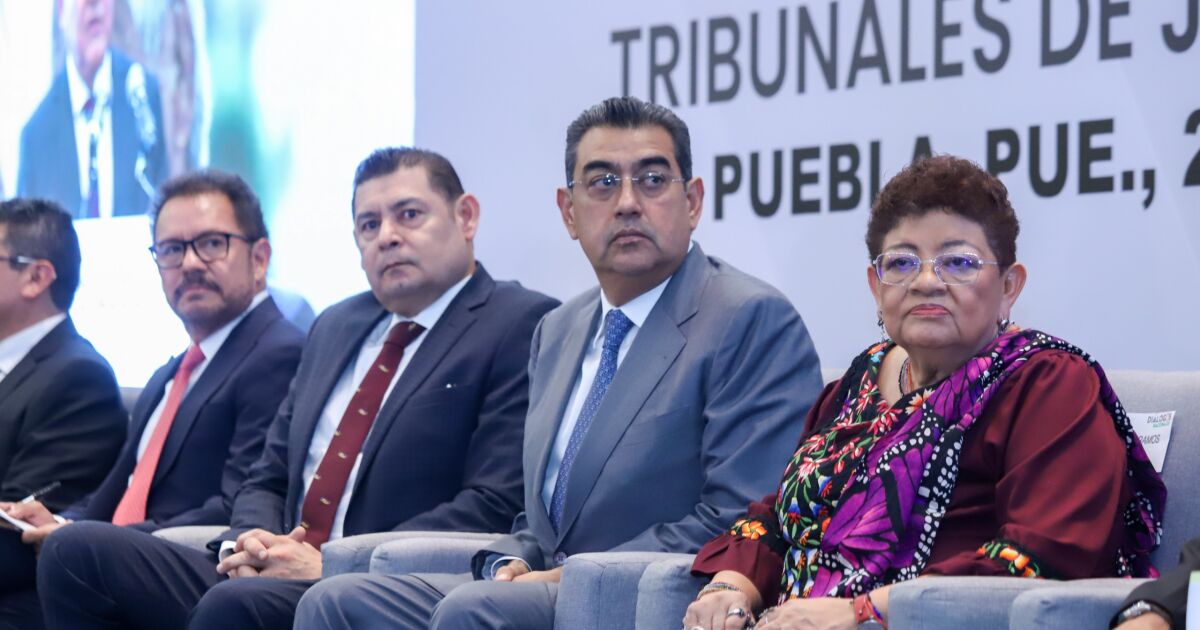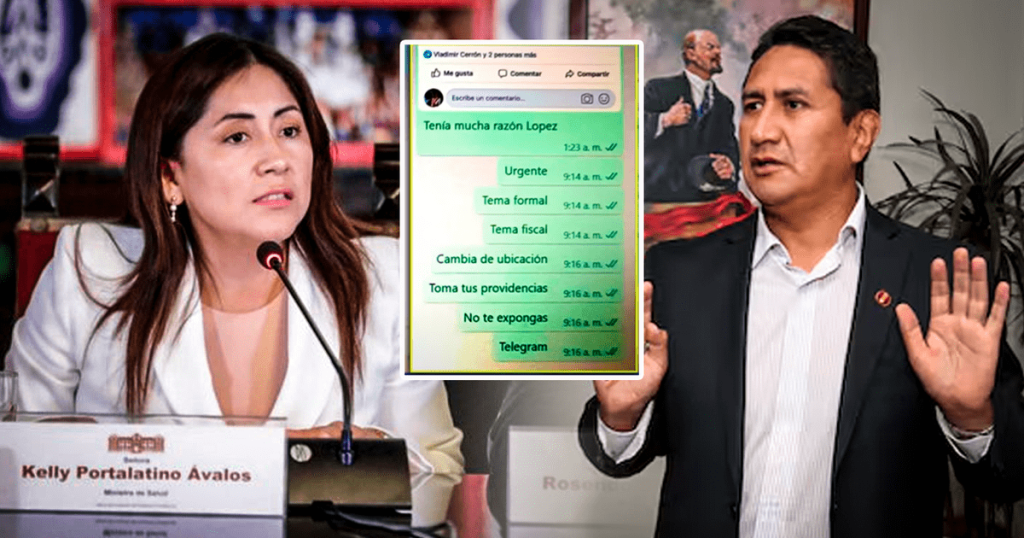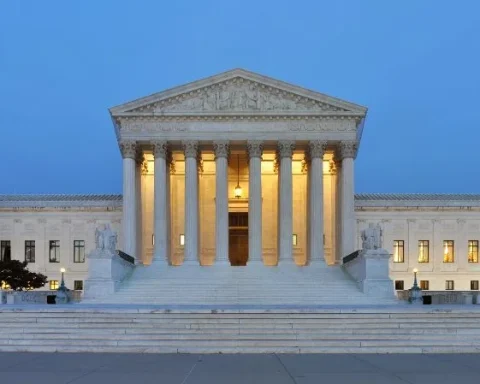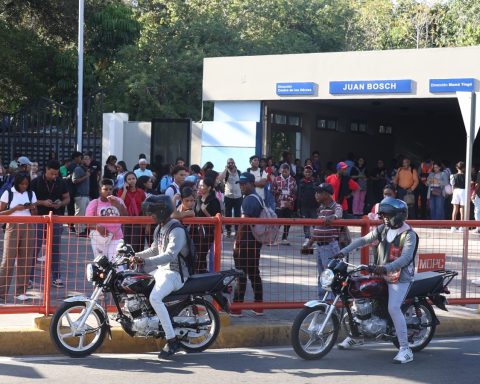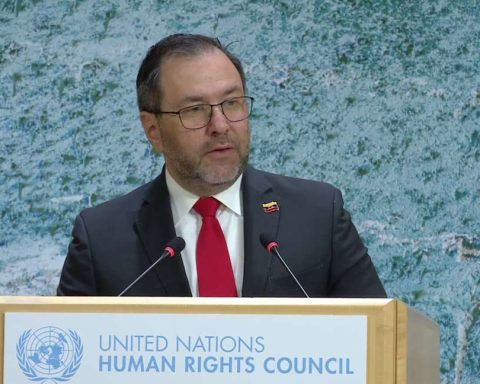“This gradual approach cannot be 40 years, 50 years, as has also been proposed (…) This issue of gradual approach, let’s say; it’s not that not a letter or a comma is being moved, it is being analyzed, and the call is, let’s be creative to see how this gradual approach can be applied, without losing the sense of urgency of the modification of the federal and local Judicial Power,” he said during one of his interventions.
This, after Rafael Guerra, from the National Commission of Superior Courts of Justice of the United Mexican States (Conatrib), proposed that the popular vote only apply to newly created positions, due to death or another reason for which the space becomes vacant, and that there not be six candidates but three, of which two are women to comply with gender parity.
Godoy questioned why there is no problem in the voting to elect the head of the Executive Branch and the members of the Legislative Branch, but why there is a problem for the Judicial Branch.
“For those who question whether there should be an election to succeed the magistrates, it is important to remember the following: the Judicial Branch does not constitute nor is it a diverse, special power, or one that is outside the legal, constitutional and juridical order.”
For this reason, Godoy Ramos explained, constitutional reform is unavoidable and that is why, at the latest, by 2027, there must already be reforms to local constitutions so that in that year the new judges and magistrates can be voted on.
To justify the urgency, the senator elected by Morena also assured that 75 percent of the presidents of these powers in the entities earn more than the governors and even more than the president of the Republic when by law it should no longer be that way.
She was questioned by the president of the Baja California Sur Judiciary, Raúl Juan Mendoza, about Morena’s insistence that this be applied in 2025 as established by the constitutional reform of President Andrés Manuel López Obrador, and asked not to be “afraid” of this election.
